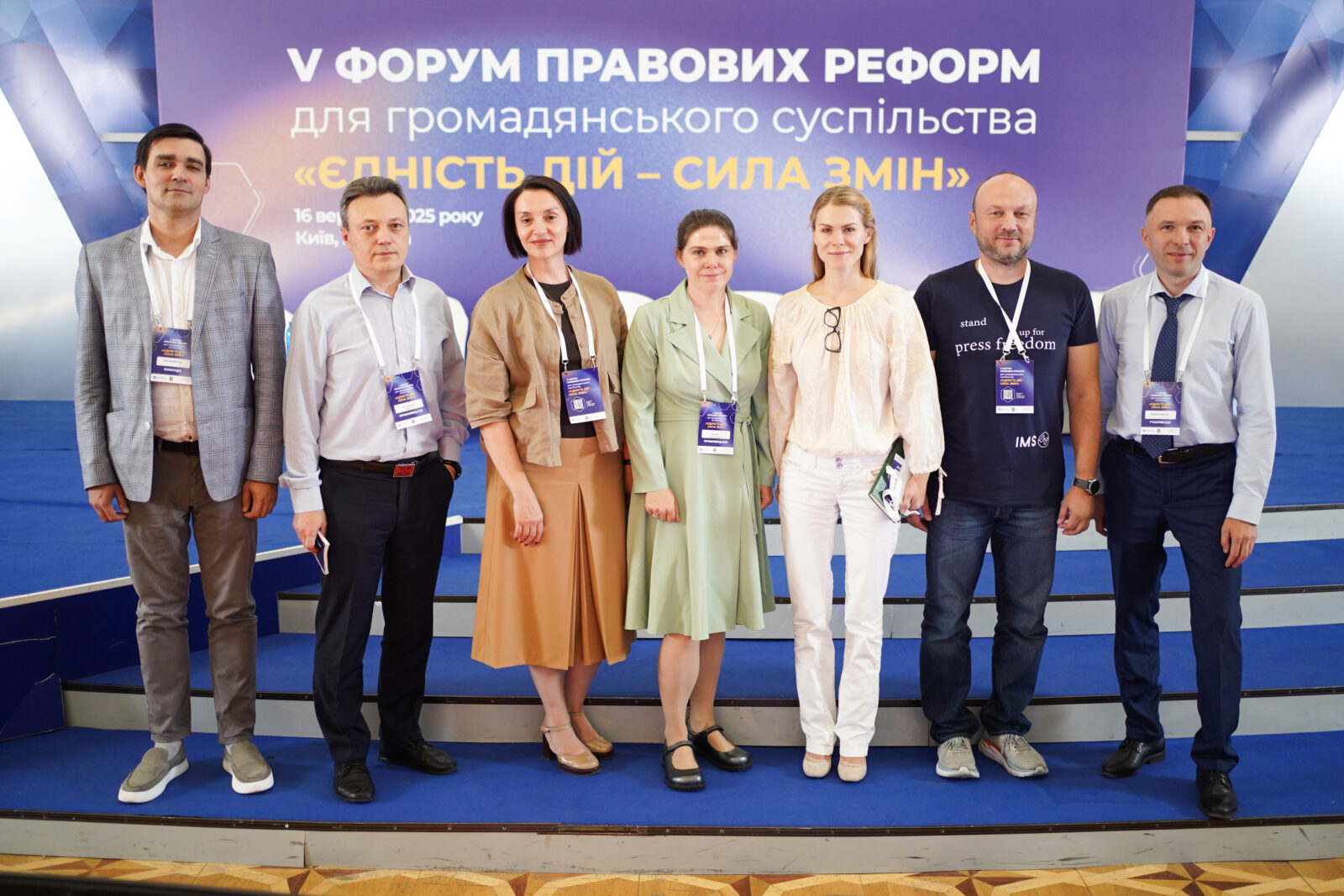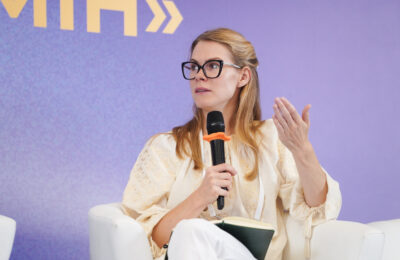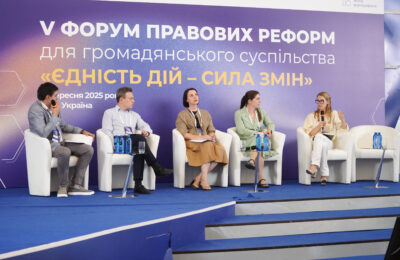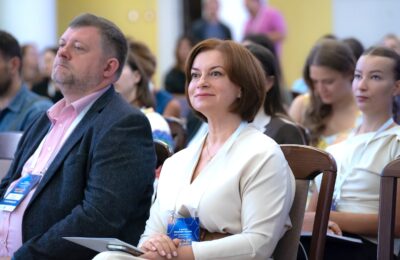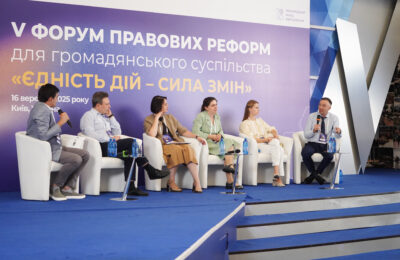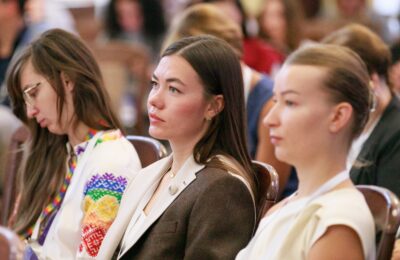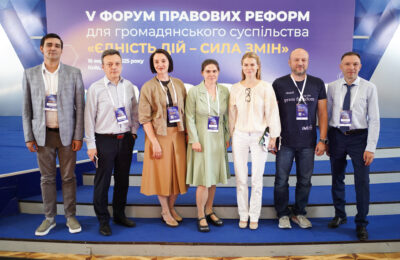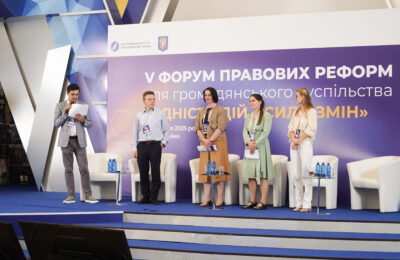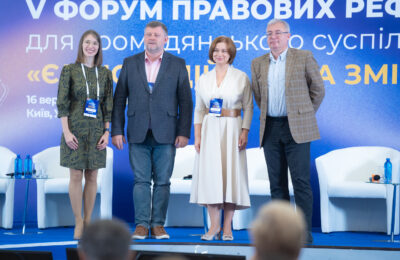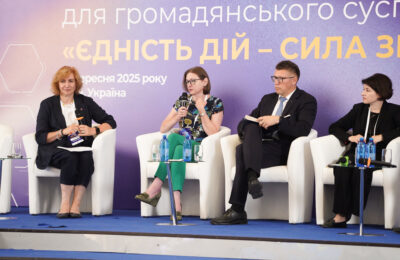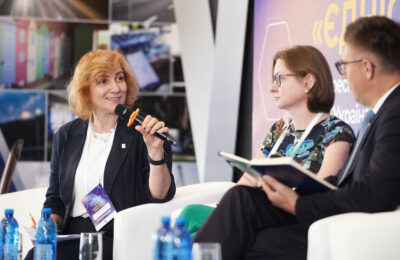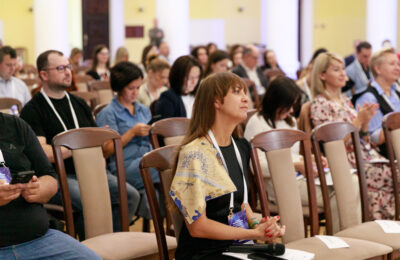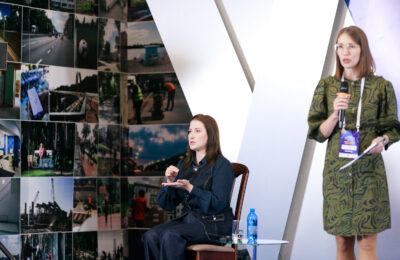On September 16, Lesia Ogryzko, Director of the Sahaidachnyi Security Center, spoke at the panel “The Capacity of Ukraine’s Democratic Institutions to Sustain the Course of European Integration: Speed, Tempo, Philosophy, Methodology” as part of the 5th Forum on Legal Reforms for Civil Society “Unity of Action – Power of Change.”
The fishbowl format turned the panel into a lively conversation where experts and participants together built a mosaic of Ukraine’s European integration — from political processes and partners’ expectations, to institutional capacity and the role and voice of civil society.
The discussion addressed:
▫️ which model of European integration best suits Ukraine;
▫️ why it is essential not to slow down the pace of its implementation;
▫️ and what role civil society plays in this process.
Lesia Ogryzko emphasized that any ideas of “buffer zones” or “gray areas” for Ukraine are misguided:
“Any buffer is not a tranquilizer but, on the contrary, a source of instability. It is essentially an invitation for our enemies in Russia to lay their hands on this territory. And if we look at several of the latest waves of EU enlargement, none of the candidate countries fully met the Copenhagen criteria. These were partly under-reformed states with major structural problems in their economies or social systems, yet they were admitted because it was geopolitically necessary. That is why it is crucial to understand now: the next wave of EU enlargement will be geopolitical. It must become a moment when we feel: we are them, and they are us. Because today European integration is perceived very much as a one-way street — as if we only need to catch up to the standards. In fact, Ukraine can and must have a slightly different path.”
At the same time, she noted that integration is not just about Ukraine adapting to EU standards but a two-way process:
“Changes must take place not only in Ukraine but also within the EU itself. For me, the key markers of Europe’s readiness are the transition from consensus voting to qualified majority voting and the decision on the agricultural cluster. This will be the real signal that the EU is genuinely preparing to admit Ukraine and our neighbors.”
Other panelists included:
-
Oleksii Orlovskyi, Director of the “Democracy and Good Governance” Program, International Renaissance Foundation;
-
Natalia Slynko, Vice President for Program Activities at the East Europe Foundation;
-
Oleksandra Bulana, senior analyst of Ukrainian Centre for European Policy
Moderator: Ihor Rozkladaj, Deputy Director, Centre for Democracy and Rule of Law (CEDEM)
The discussion confirmed: European integration is not an abstract course but practical work on both meeting EU standards and engaging in mutual processes of change, where the readiness of both Ukraine and Europe is key.
We sincerely thank the Centre for Democracy and Rule of Law (CEDEM) for inviting us to the V Forum on Legal Reforms for Civil Society.
Video recording of the Forum: https://youtu.be/zIVJkgUCoFw?si=hTrVEQ-Y_Q3Cc9-7
Event details: https://surl.li/shdzht

